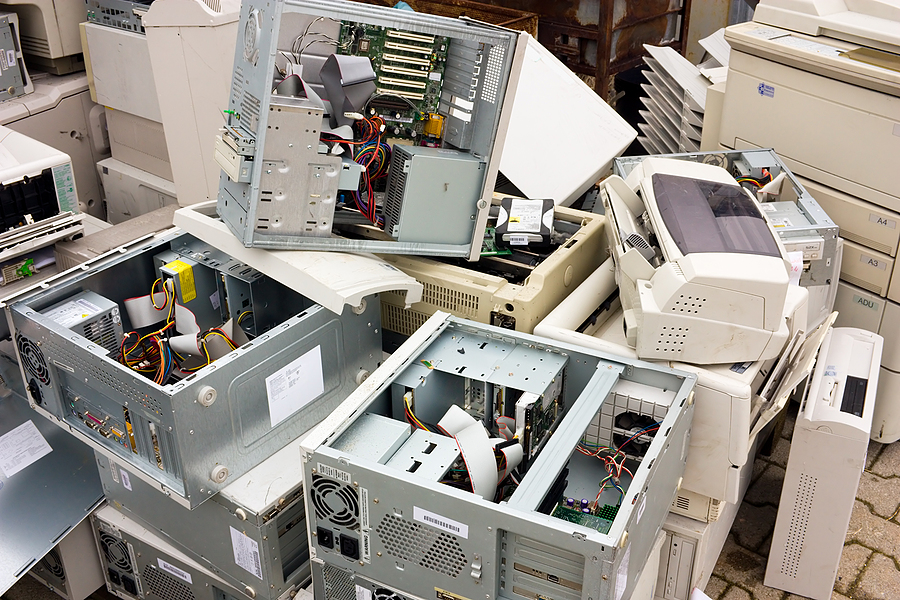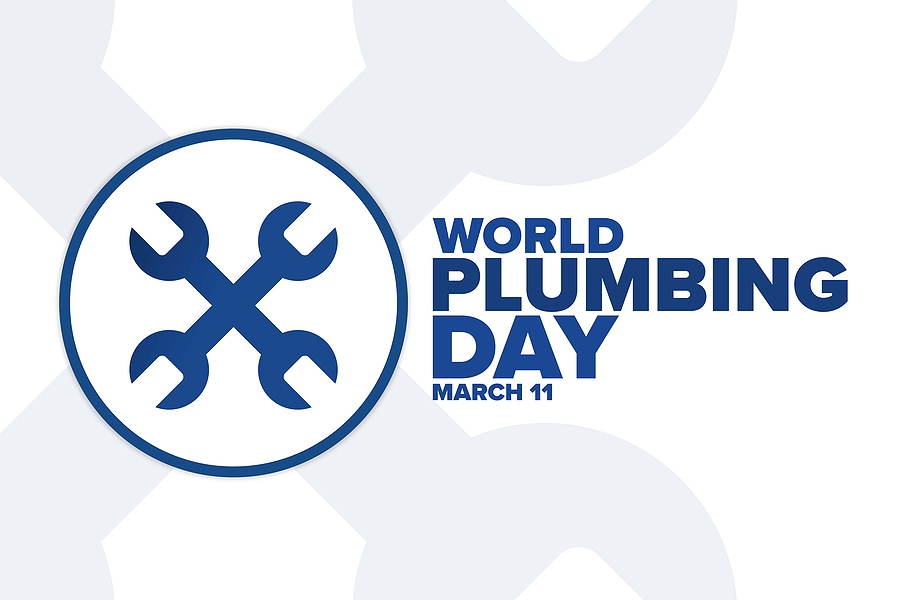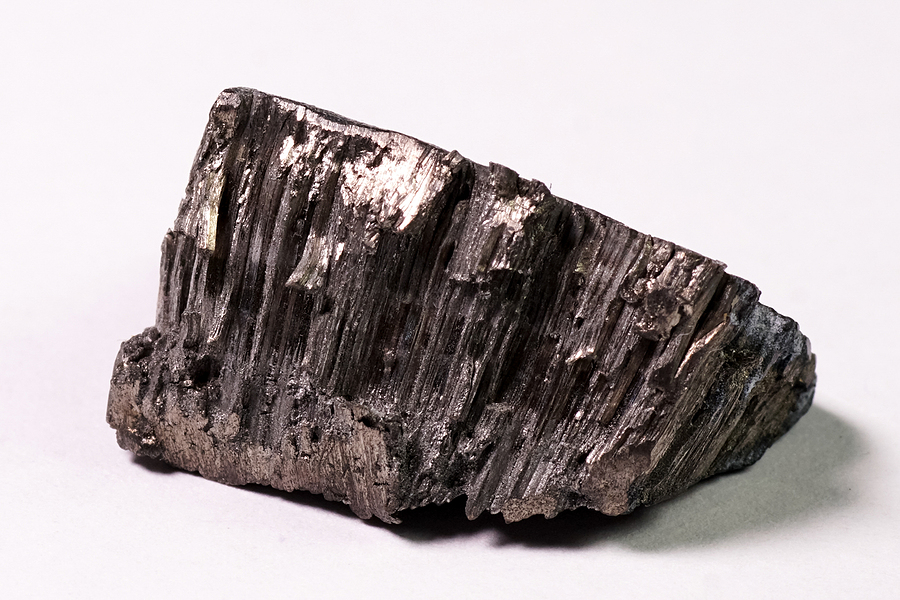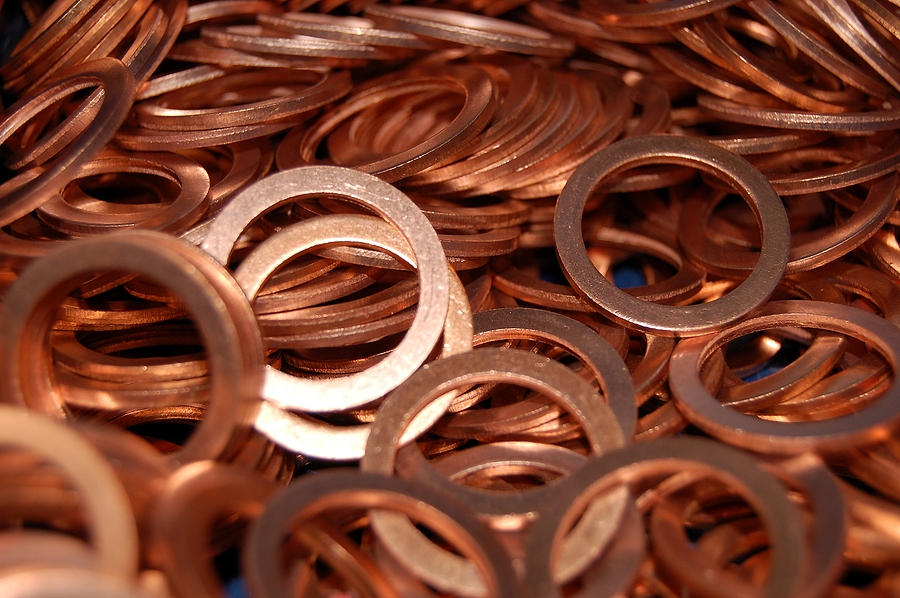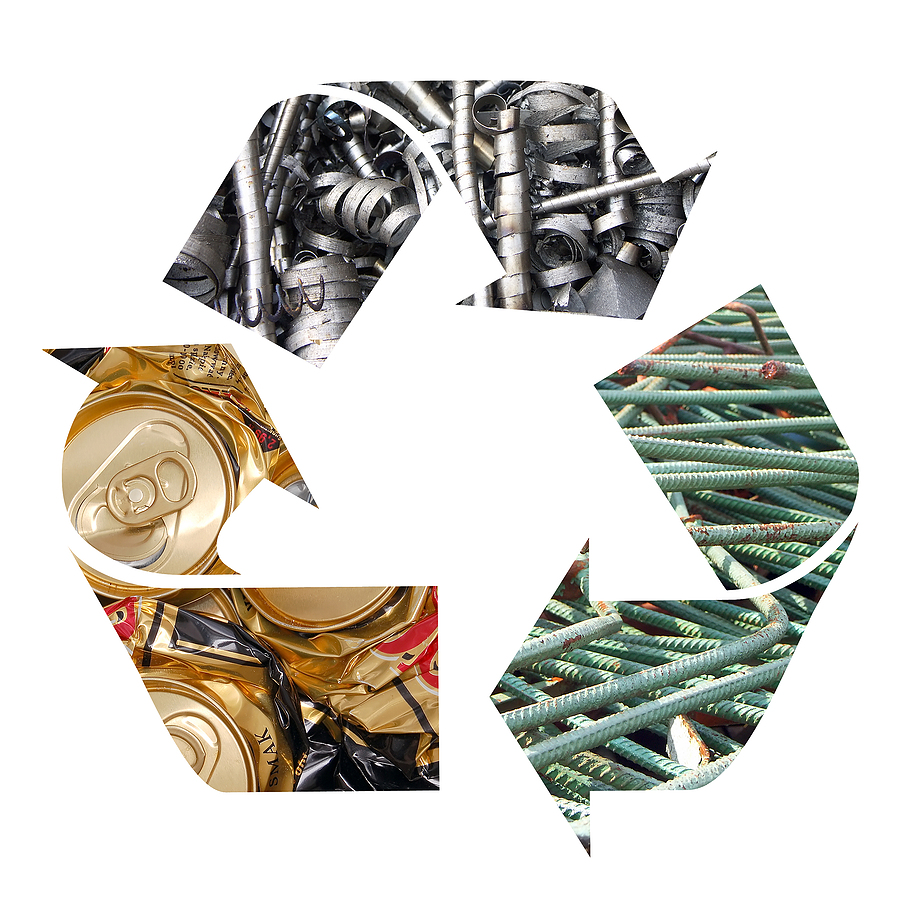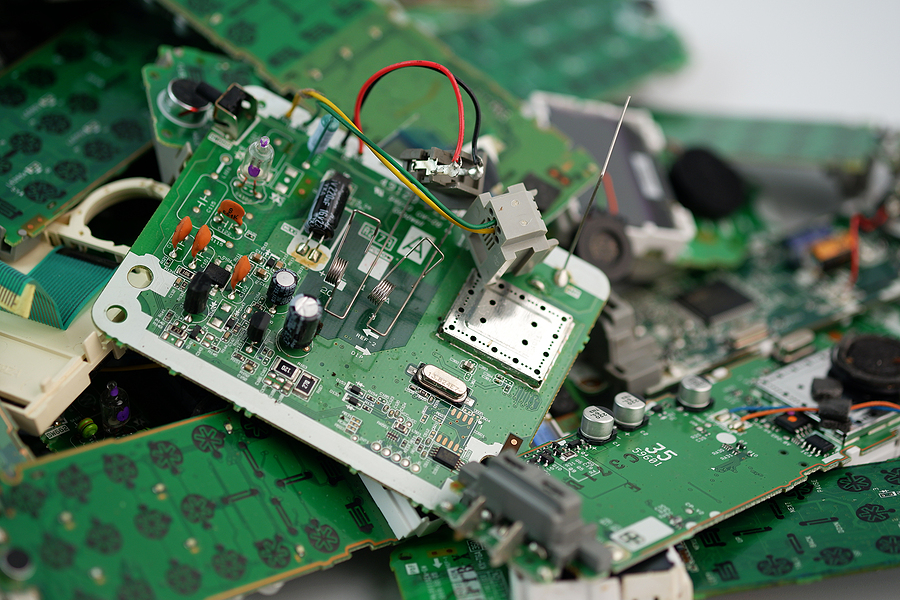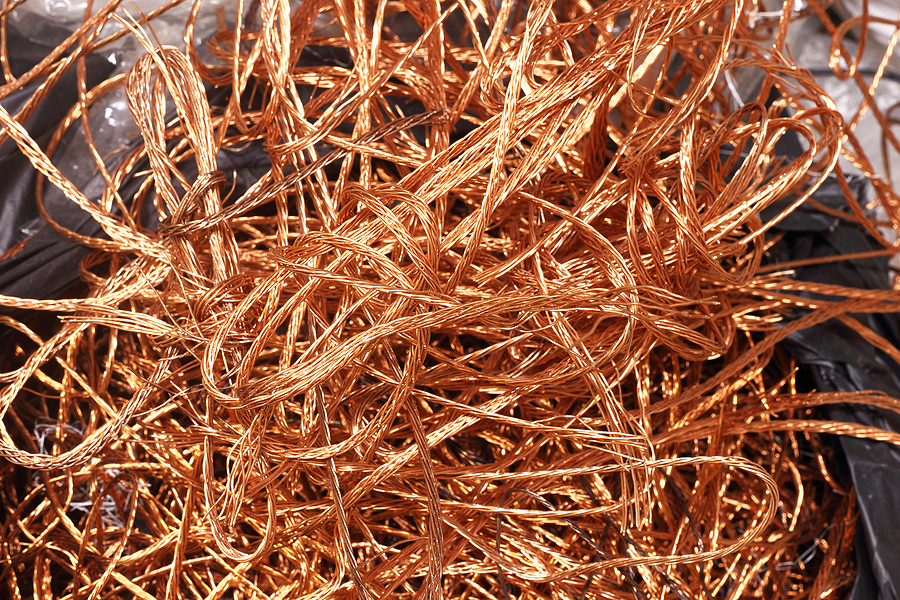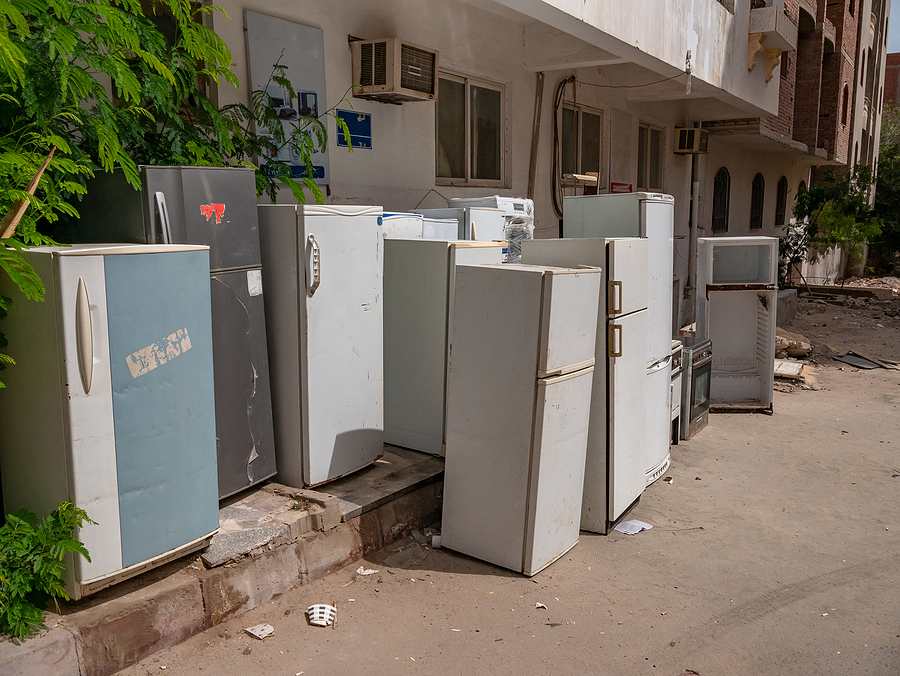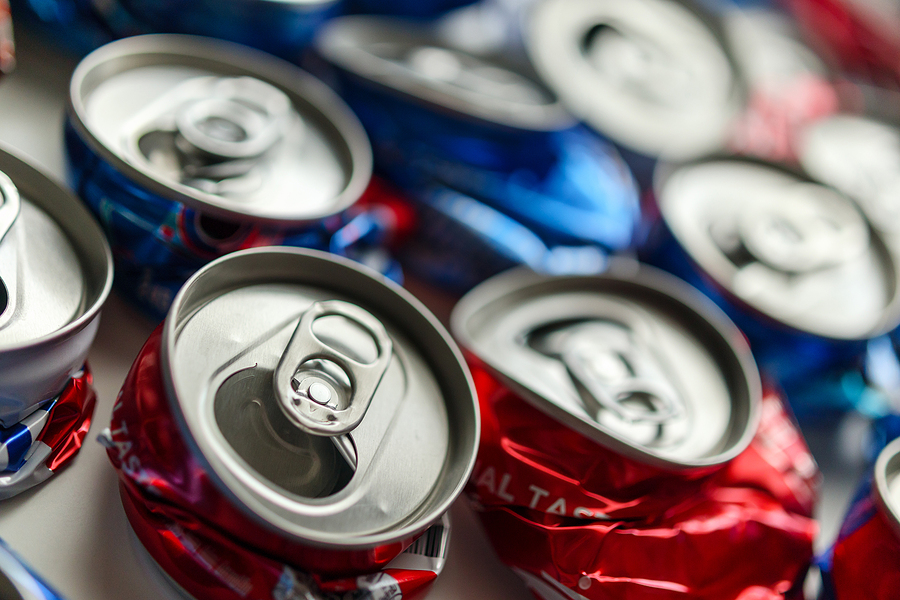As homeowners and green living advocates, we are constantly seeking ways to minimize our environmental footprint. One often overlooked area is the recycling of old or broken plumbing fixtures. Whether you’re a plumber, contractor, builder, house flipper, or home buyer, understanding the importance and benefits of recycling plumbing fixtures can contribute significantly to both your home improvement projects and the health of our planet.
In this post, we’ll delve into why recycling plumbing fixtures matters, how to do it effectively, and where to start. Let’s take this opportunity to turn what might seem like trash into treasure, reducing waste and promoting sustainability.

Benefits of Recycling Plumbing Fixtures
Environmental Impact
Recycling plumbing fixtures can significantly reduce the strain on natural resources and decrease environmental pollution. Plumbing fixtures are often made from metals like copper, brass, and stainless steel—materials that can be recycled multiple times without losing their properties. By recycling these materials, we can conserve raw resources and reduce the energy consumption required to produce new materials from scratch.
Economic Benefits
For homeowners and contractors, recycling plumbing fixtures can also offer economic incentives. Many local metal recycling centers pay for scrap metal, providing an opportunity to recoup some costs from remodeling or repair projects. Additionally, using reclaimed materials in new projects can be a cost-effective alternative to buying new fixtures.
Common Recyclable Plumbing Fixtures
Here are some common plumbing fixtures that can be recycled:
- Faucets
- Showerheads
- Pipes (copper, brass, stainless steel)
- Water heaters
- Toilets (ceramic parts)
- Sinks
How to Identify Recyclable Fixtures
To determine if a fixture is recyclable, look for recycling symbols or labels indicating the type of material. If in doubt, consult with a trusted metal recycling facility or refer to online resources for guidance. Materials like copper, brass, and stainless steel are highly recyclable, whereas certain plastics and mixed materials might not be.
Preparing Fixtures for Recycling
Before recycling, it’s essential to properly disassemble the fixtures to separate recyclable materials from non-recyclable parts. Here’s a step-by-step guide:
- Turn off the water supply and disconnect the fixture from the plumbing system.
- Use appropriate tools to carefully unscrew and detach parts.
- Separate materials: Place metal parts in one pile and non-recyclable materials in another.
- Remove any rubber or plastic components that may be attached.
Cleaning and Storing Materials
Cleaning the fixtures before recycling is crucial to ensure they are accepted by the recycling center:
- Rinse off dirt and debris: Use water and a mild detergent to clean metal parts.
- Dry thoroughly: Ensure there is no moisture left to prevent rusting.
- Store in a dry place: Keep the cleaned materials in a dry, safe location until you’re ready to transport them to the recycling center.
Locating Recycling Centers
Finding a reputable and experienced scrap metal recycler or business in your area that accepts plumbing fixtures might require a bit of research:
- Local directories: Check online directories or municipal websites for local recycling centers and scrap metal buyers.
- Scrap metal buyers: Your best bet is to contact scrap metal buyers who specialize in materials like copper, brass, and stainless steel.
- Eco-friendly home improvement stores: Few but some stores have recycling programs for specific types of plumbing and household fixtures.
Recycling Other Types of Scrap Metal
In addition to plumbing fixtures, you can recycle other types of scrap metal in your home:
- Appliance parts: Old washers, dryers, and refrigerators contain recyclable metals.
- Metal furniture: Chairs, tables, and bed frames made of metal.
- Construction waste: Leftover metal from construction and renovation projects.
Safety Reminders
When handling and recycling scrap metal, keep these safety tips in mind:
- Wear protective gear: Gloves and safety glasses are essential.
- Avoid sharp edges: Be cautious of sharp metal edges to prevent cuts.
- Handle hazardous materials carefully: Some fixtures, like old water heaters, may contain hazardous materials. Consult with professionals for safe handling and disposal.
In Summary
Recycling old or broken plumbing fixtures is a powerful way to contribute to a more sustainable world while also reaping economic benefits. From conserving natural resources to reducing waste, the advantages are clear. Recycling isn’t just a task—it’s a commitment to better living. Let’s take this step together and transform our homes and communities for the better.
Ready to make a difference with your scrap plumbing fixtures and plumbed appliances? Contact Zore’s Recycling at 317-244-0700 today to start recycling your old plumbing fixtures and help create a greener future. We pay cash on the spot for all scrap metal and junk!
Related Posts:
How to Cut Copper Pipes With a Pipe Cutter
Unveiling the Green Connection: Scrap Metal Recycling and World Plumbing Day
Is it True That Copper Can Kill Bacteria?

